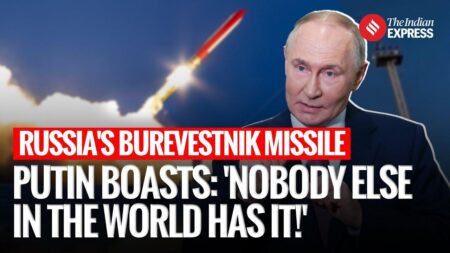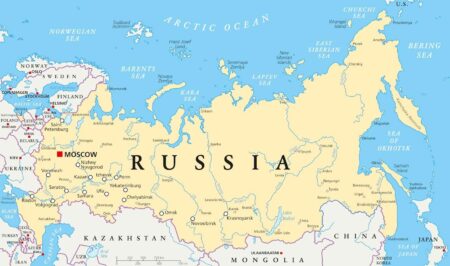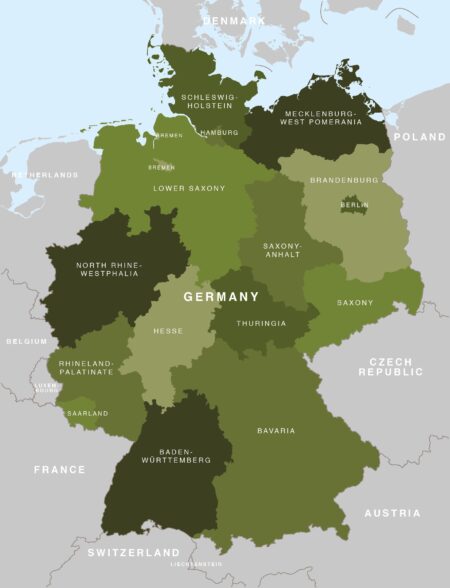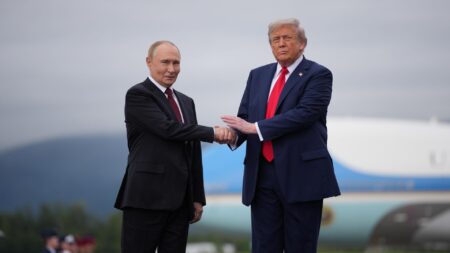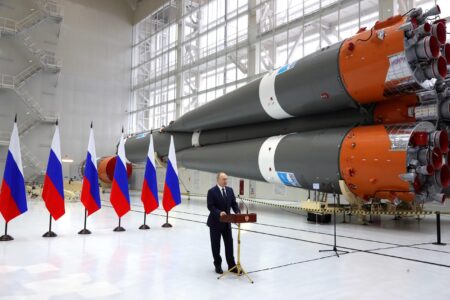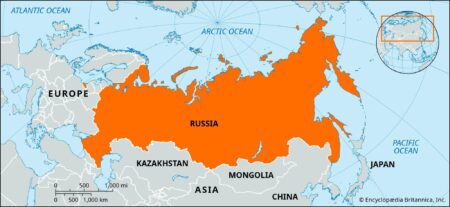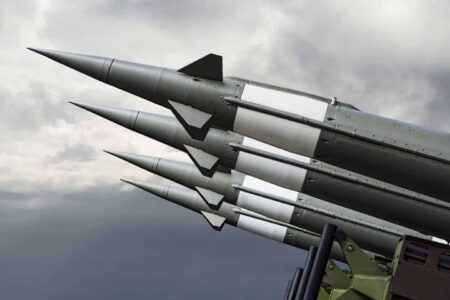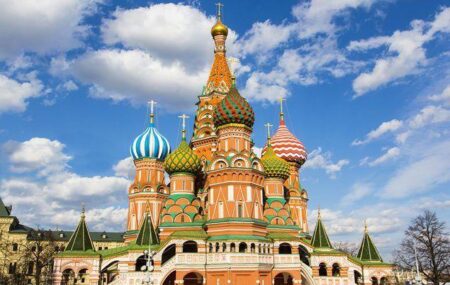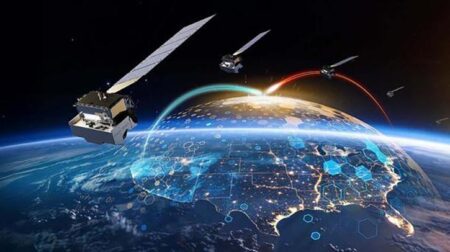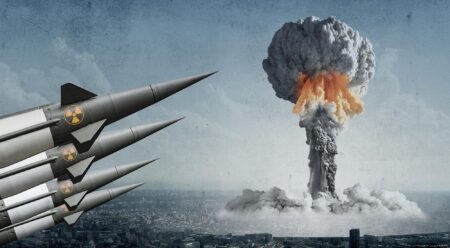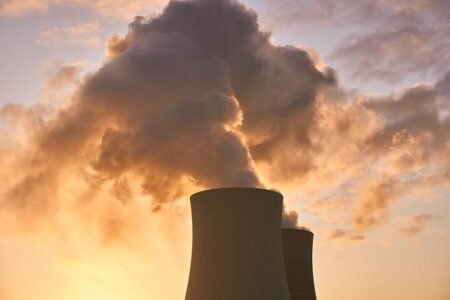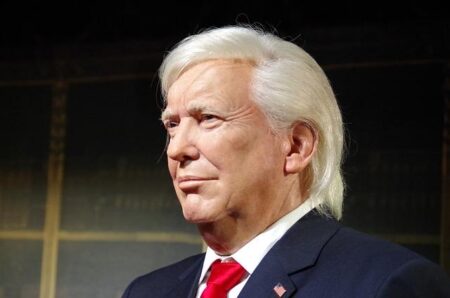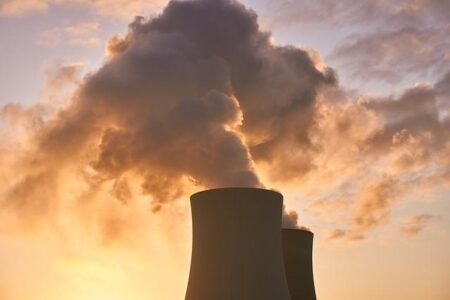Russia recently conducted a test of its Burevestnik missile, a provocative move that drew sharp rebuke from President Trump, who labeled it “inappropriate.” This nuclear-capable weapon has escalated global security concerns amid mounting international tensions. NBC News reports
Browsing: arms control
Russia has officially notified the U.S. of its decision to pull out of the landmark plutonium disposal pact, escalating tensions over nuclear arms control and raising urgent questions about the future of global disarmament efforts
Germany’s recent weapon freeze has sparked a vibrant debate: is it just a symbolic political gesture, or does it signal a significant change in policy? Experts at the Stimson Center delve into the implications for global security and the future of arms control
Russian President Vladimir Putin announced that Russia will maintain its current nuclear arms control agreements for the coming year, signaling a temporary pause amid rising global tensions, NBC News reports
The United Kingdom urged all States to fully embrace UN Security Council Resolution 1540, emphasizing a powerful global commitment to stop the spread of weapons of mass destruction in its latest statement at the Security Council
Russia has announced it is forging ahead with the development of nuclear missiles, despite a moratorium on their deployment still being in effect, Reuters reports. This daring move heightens concerns over escalating global arms tensions amid ongoing geopolitical conflicts
The Kremlin has announced a bold move: Russia is ending its self-imposed freeze on intermediate-range missiles, signaling a dramatic shift in its arms control stance amid escalating global tensions
The House of Commons Library offers a compelling deep dive into the UK’s nuclear weapons landscape, uncovering its arsenal, policies, and vital role in protecting national security amid evolving global threats and ongoing disarmament debates
Russia delivers a stark warning about the fading nuclear arms pact with the US, calling their relationship “ruined” and shutting down any hope for renewed cooperation. Amid rising tensions, the future of vital arms control agreements now hangs precariously in the balance
The U.S. Golden Dome missile defense system is set to transform the strategic landscape, igniting a wave of concern in Moscow. Experts warn that this development could heighten tensions, compelling Russia to strengthen its defenses and reassess its military strategy in the region.
In a recent statement, Russian President Vladimir Putin emphasized that the need to deploy nuclear weapons has not arisen in the ongoing conflict in Ukraine. His comments come at a time of escalating tensions and intense international scrutiny surrounding Moscow’s military maneuvers
China and Russia have voiced strong support for Iran amid renewed tensions following former President Trump’s push for nuclear negotiations. Their backing underscores a growing alliance as global powers navigate the complexities of Iran’s nuclear ambitions.
Polish President Andrzej Duda emphasized that the presence of US nuclear weapons in Poland would serve as a vital deterrent against potential aggression from Russia. This statement underscores Poland’s growing security concerns amid escalating regional tensions.
The UK’s decision to expand its nuclear stockpile signals a shift in defense strategy, driven by perceived global threats. Enhanced infrastructure and deferred projects aim to ensure continuous at-sea deterrence, reinforcing the nation’s security posture.
France’s nuclear capabilities serve as a strategic deterrent not only for itself but potentially for its European allies. However, the question remains: can its neighbors effectively integrate under this nuclear umbrella while navigating their own security concerns?
In a recent statement, former President Donald Trump indicated that the United States is willing to engage in nuclear discussions. This marks a significant shift in rhetoric surrounding arms control, as experts evaluate the implications for global security.
A recent report from AirForceTimes.com suggests that the United States may be preparing to establish a nuclear program based in the United Kingdom. This development raises significant implications for international security and defense collaboration between the two nations.
In a recent diplomatic alignment, Russia’s Foreign Minister Sergey Lavrov expressed support for Iran’s nuclear program, emphasizing the importance of dialogue and mutual interests. This collaboration underscores a deepening partnership amidst ongoing geopolitical tensions.
France is set to extend its nuclear deterrent capabilities to European nations, reinforcing regional security amid rising geopolitical tensions. This initiative aims to bolster defense cooperation and provide a robust nuclear shield, ensuring collective stability in Europe.

